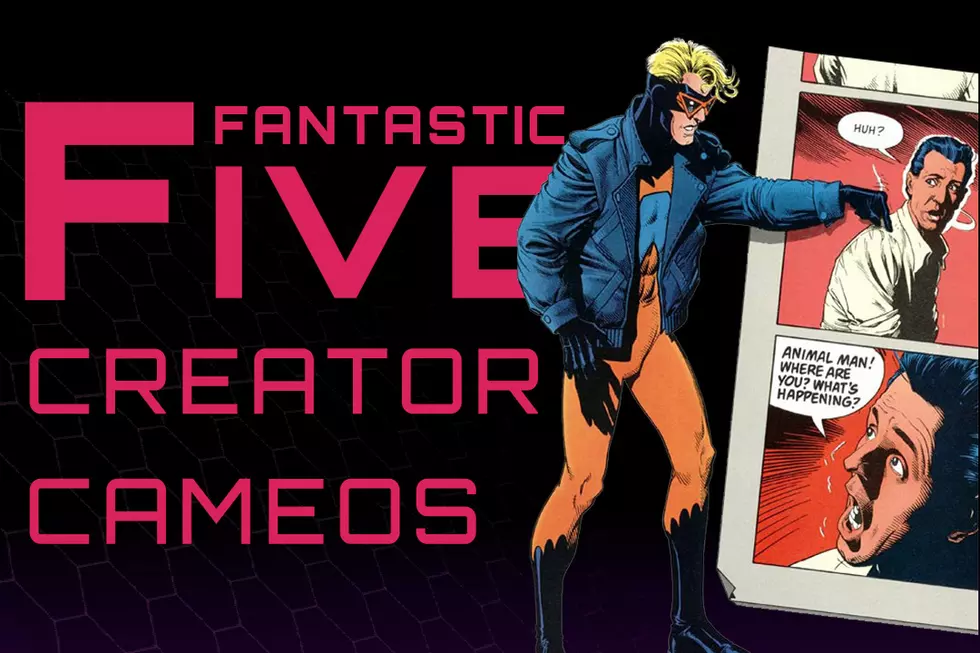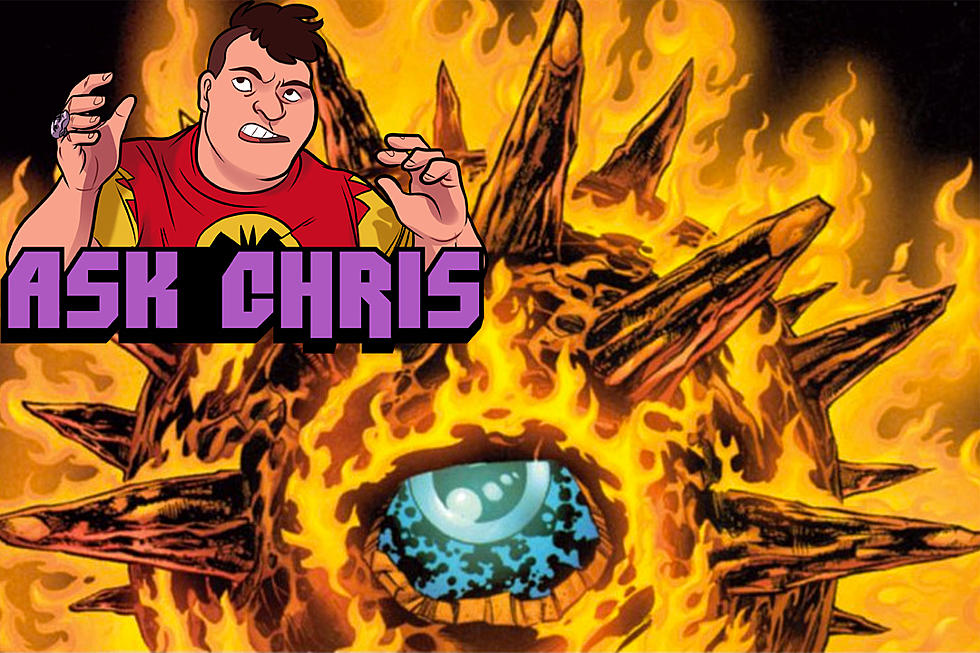
Hollywood Trade Guilds Support Jack Kirby’s Estate In Court Battle With Marvel
Three of Hollywood's biggest industry guilds have submitted an amicus brief in support of the Kirby estate in the case of Lisa Kirby V. Marvel Characters. The brief urges the Supreme Court to hear the case, as the guilds believe the outcome will have major implications for the film industry.
Similar to the brief filed by intellectual property lawyer Bruce Lehman, the new brief contends that the "instance and expense" test used to assess whether a work was created as work-for-hire was wrongly applied in the case of Jack Kirby's work for Marvel in the late 1950s and early 1960s.
Kirby worked for Marvel as a freelancer, but a court recently ruled that copyright of the work resides permanently with Marvel because Marvel commissioned and paid for the work. The work was produced at Marvel's instance and expense.
Both the Lehman brief and the guilds' brief contends that such a test is only meant to apply to work performed within a traditional employment relationship, not to work created in a commission-based relationship. As such, the Kirby estate ought to be able to reclaim copyright over Jack Kirby's creations -- including the Avengers, the X-Men, and the Fantastic Four.
The three signatories to the brief are SAG-AFTRA (Screen Actor's Guild of America-American Federation of Television and Radio Artists), the DGA (Director's Guild of America), and the WGA West (Writer's Guild of America West). The guilds represent the interests of creative artists in film, television, and new media, and in this instance they contend that the rights of their members are infringed by the "impossible hurdle" of applying the intent and means test to commissioned work.
The Copyright Act of 1976 extended the terms of copyright, but included a provision that allowed authors to reclaim the rights to their work during the extended term. It's Kirby's right to exercise that claim that is at issue in this specific case, but if the Kirby estate is successful in its petition, the implications for creative artists across all commission-based industries could be enormous.
You can read more about the case, and read the amicus brief at the Hollywood Reporter.
More From ComicsAlliance




![Super7 ReAnimates Alien and Predator, Masters More of the Universe [Toy Fair 2017]](http://townsquare.media/site/622/files/2017/02/IMG_2000.jpg?w=980&q=75)

![The Wild, Tear-Filled World of Heartbreak: The Best Romance Comic Covers Ever [Love & Sex Week]](http://townsquare.media/site/622/files/2017/02/featured1.png?w=980&q=75)


